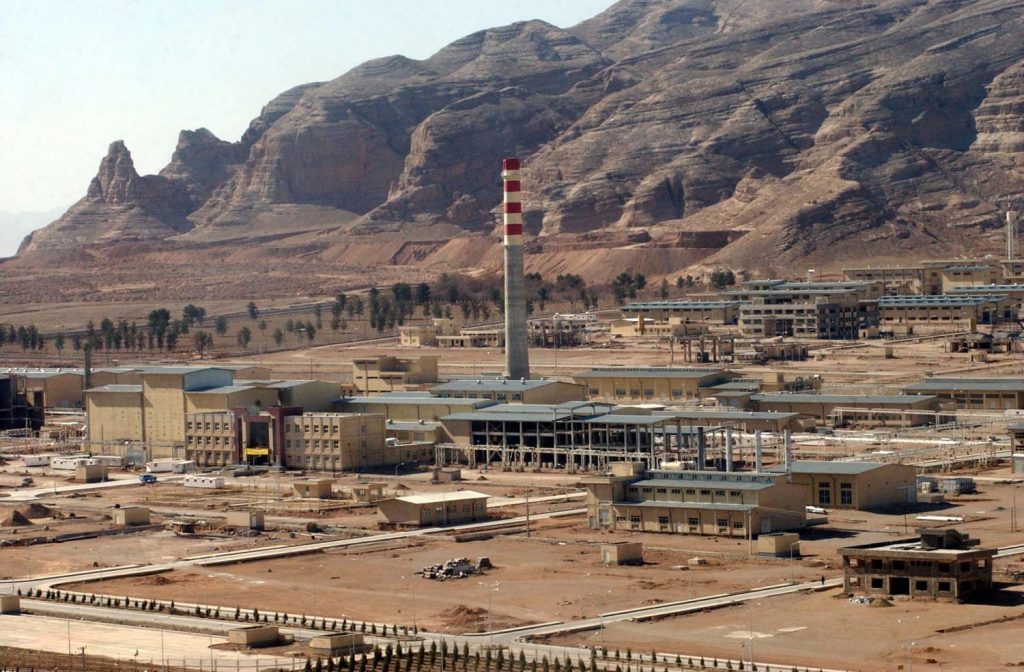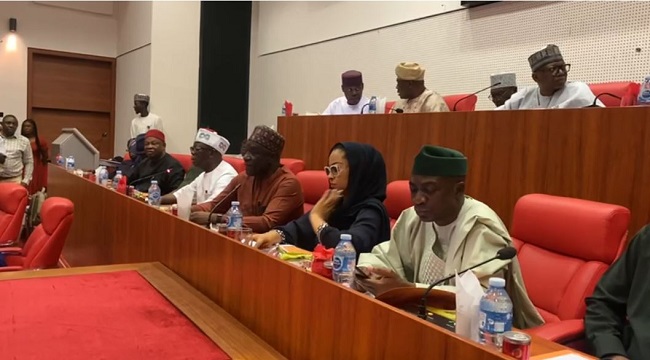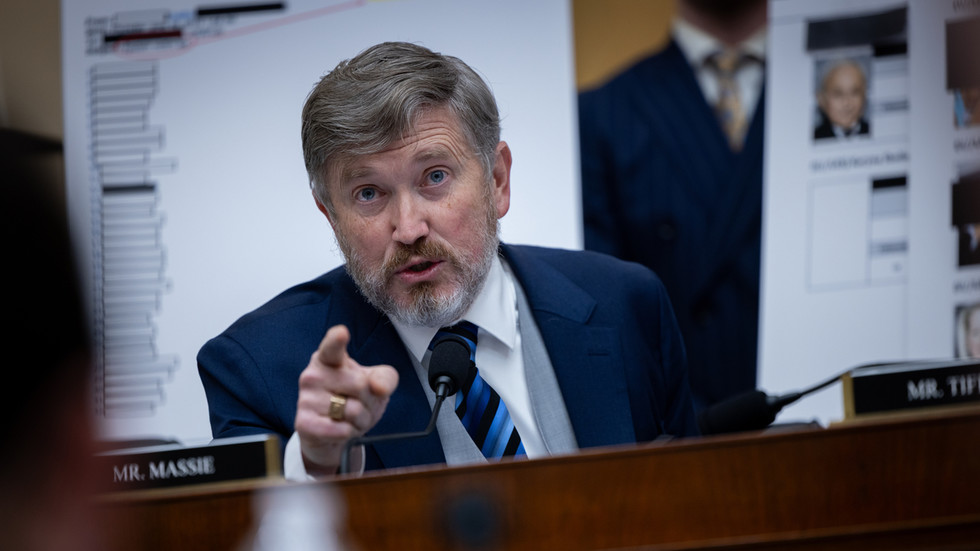Authorities in Nigeria’s Kano State have issued a stern warning to potential troublemakers ahead of critical legislative bye-elections scheduled for August 16, 2025, pledging robust security measures to safeguard voters and election materials. The polls, set to take place in the Ghari/Tsanyawa and Bagwai/Shanono constituencies, follow a high-stakes security summit convened this week by the Independent National Electoral Commission (INEC), Nigeria’s election management body.
The meeting at INEC’s Kano headquarters brought together representatives from federal and state security forces, including the police, army, intelligence services, immigration, and civil defense. Amb. Zango Abdul, INEC’s top official in the state, emphasized that logistical preparations—such as updating biometric voter verification systems (BVAS) and training poll workers—were complete. “Our focus is to prevent violence and ensure voters can cast ballots without fear,” he told journalists, referencing a 2024 incident in Ghari/Tsanyawa where armed groups attacked officials and destroyed materials, forcing the election’s cancellation.
Kano’s police command, represented by CSP Abubakar Hamma at the summit, vowed “zero tolerance” for electoral sabotage. “Politicians planning violence to influence outcomes will face the full force of the law,” he stated, adding that security agencies had drawn lessons from past failures. The warning comes amid concerns over recurring clashes during Nigerian polls, particularly in competitive regions like Kano, a political stronghold in the country’s northwest.
The Ghari/Tsanyawa rerun, ordered by a court after the earlier annulment, will occur in 10 polling units under heightened scrutiny. Meanwhile, the Bagwai/Shanono vote follows the April 2024 death of the constituency’s legislator, necessitating a fresh election. INEC plans a follow-up dialogue with political parties on Wednesday to secure commitments to peaceful conduct, though tensions remain high in a state known for intense political rivalries.
Analysts note that the elections serve as a test of INEC’s ability to coordinate with security forces after criticism of its handling of previous votes. Officials hope rigorous planning, combined with visible law enforcement presence, will deter disruptions in a region where voter turnout often hinges on perceptions of safety. With just weeks until polling day, the effectiveness of these measures—and politicians’ willingness to adhere to the rules—will determine whether Kano’s voters can exercise their rights freely.



